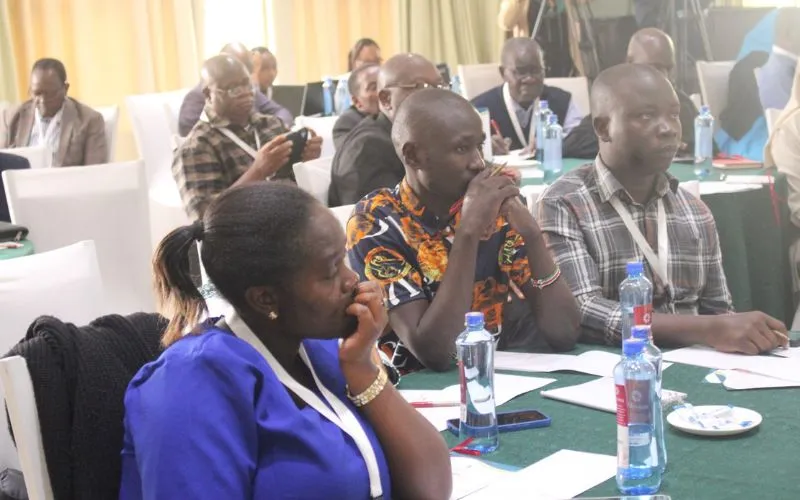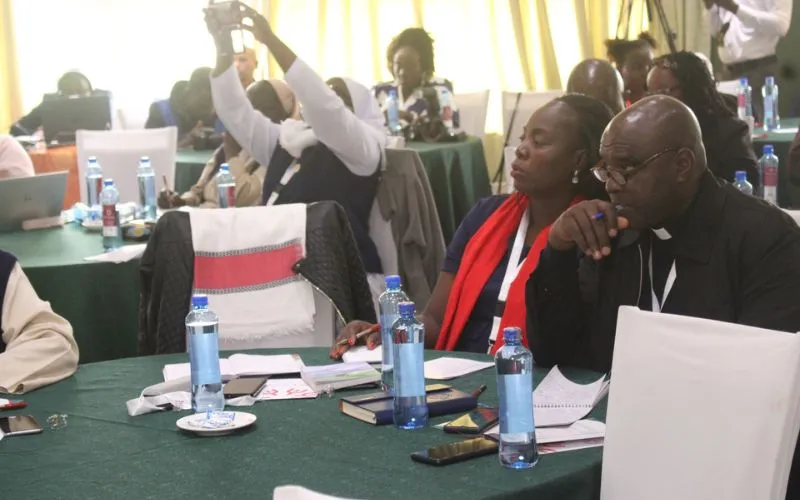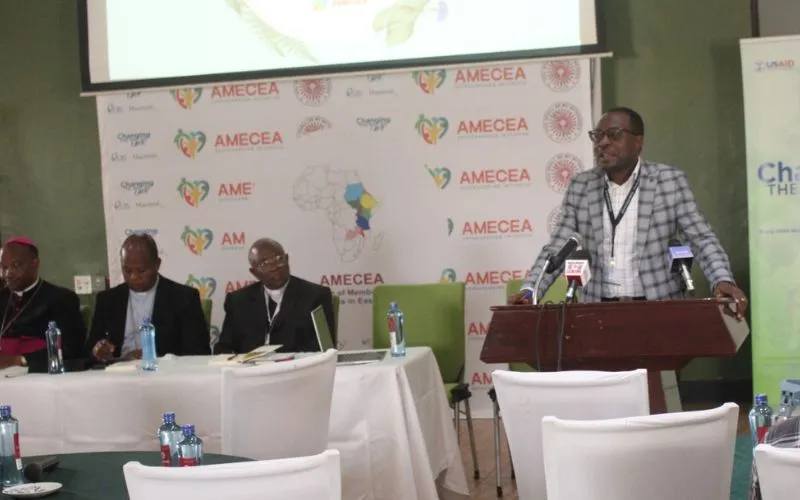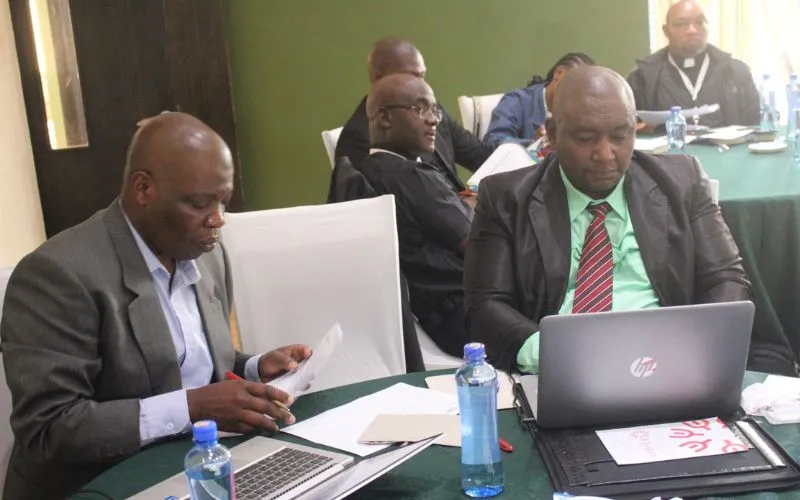“The primary objective of the program is to reform child care systems, with a focus on reintegrating children into families and communities, rather than placing them in institutions,” Mr. Mgeni told ACI Africa in the Tuesday, September 24 interview.
“The care reform in Kenya addresses the situation of children living in charitable children’s institutions or orphanages,” he said, adding that more than 100 such institutions exist in Kenya where they are supported by various organizations, including the Church.
Mr. Mgeni emphasized that while institutions provide essential services to vulnerable children, including orphans, institutional care should be applicable only when necessary.
“Children often miss the familial and community bonds that are crucial for their development,” he said, adding that the goal is to ensure children live within family settings, whether with parents or caregivers.
 Credit: ACI Africa
Credit: ACI Africa
The CRS official said that since 2018, the entity has worked alongside the Kenyan government to strengthen families and to facilitate the reintegration of children from CCIs into their homes.
“We began by collaborating with county governments and the central government, successfully influencing several key policies,” Mr. Mgeni told ACI Africa on the sidelines of the event that AMECEA organized in Collaboration with CRS and the Kenya Conference of Catholic Bishops (KCCB).
Acknowledging the fact that children are nurtured better in family environments than in institutional care, the CRS official said that the humanitarian entity’s focus is not just on reuniting children with their families but also addressing the root causes of separation.
In his keynote address on September 24, Archbishop Anthony Muheria of Kenya’s Catholic Archdiocese of Nyeri cited the breakdown of families and poverty as some of the circumstances that are forcing children to find ways to cope
Archbishop Muheria noted that the rise in domestic violence is also driving children into what he described as “survival mode.” He explained that the survival mode many children are forced into cannot be fully understood without spending time in impoverished areas, such as the slums.
 Credit: ACI Africa
Credit: ACI Africa



 Credit: ACI Africa
Credit: ACI Africa
 Credit: ACI Africa
Credit: ACI Africa


